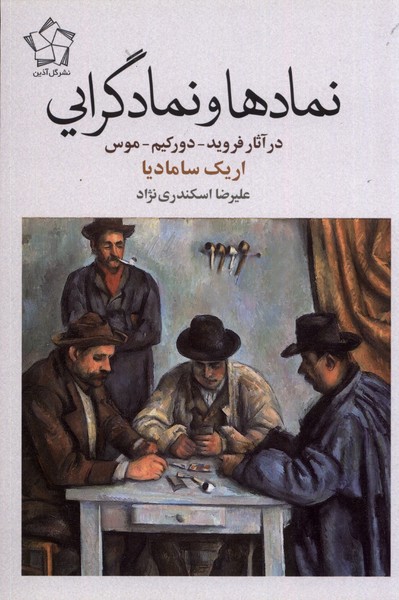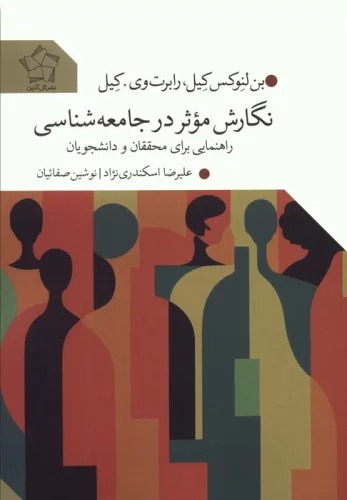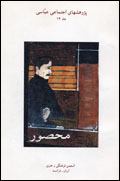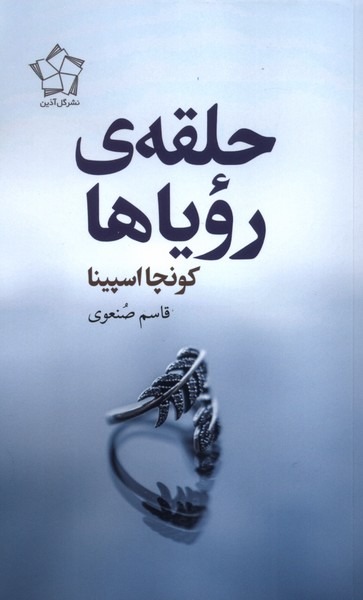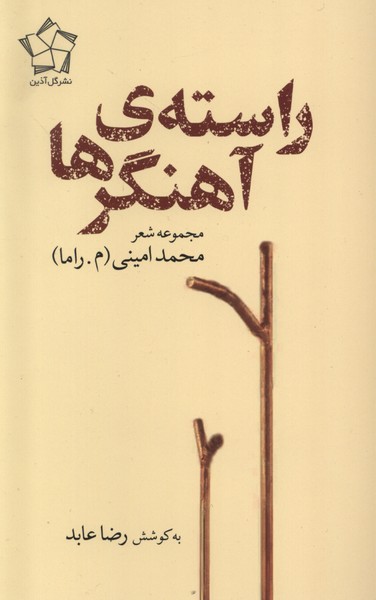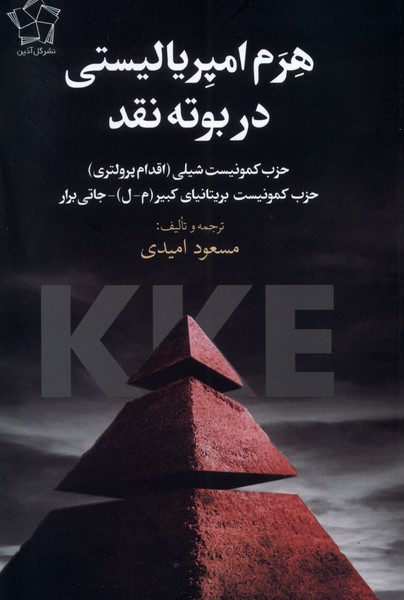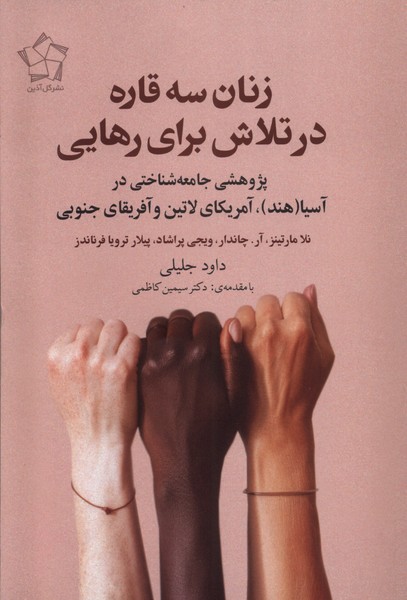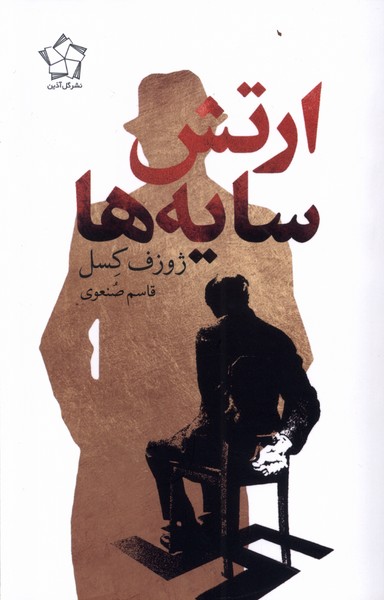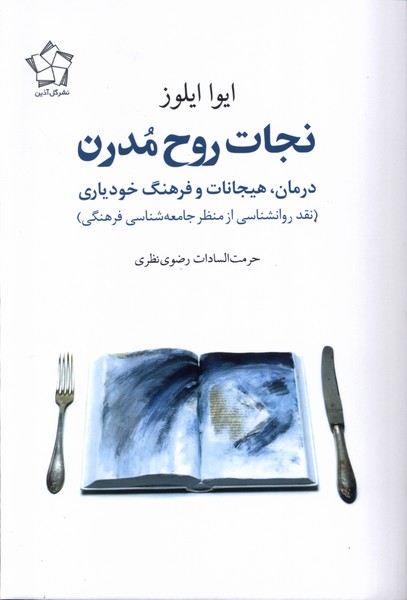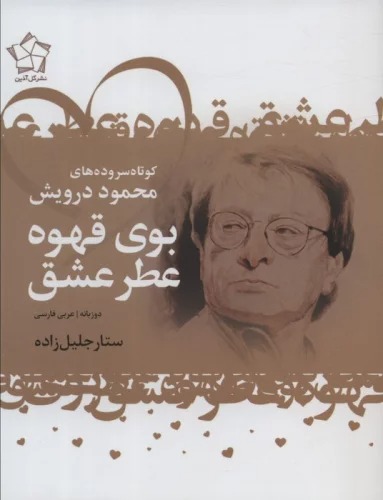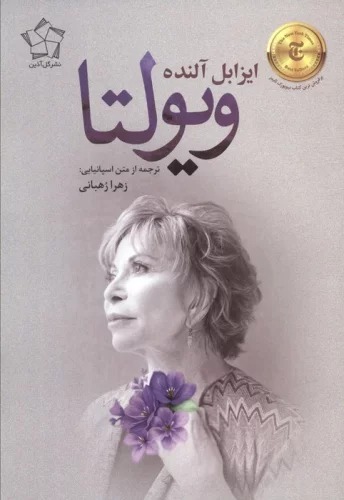نمادها و نمادگرایی فارسی 1402
Namād'ha va Namād'garāyī
20٫77 $
اشتراکگذاری
Wishlist
عنوان اصلی:
On Symbolism and Symbolisation: The Work of Freud
,
Durkheim and Mauss
شابک:
9786226352703
مترجم:
'alīrizā Iskandarī'nizhād
ناشر:
Gul azin
گروه سنی:
بزرگسال
صفحات:
216
وزن:
220 g
ابعاد:
14 x 21 x 2 cm
جلد کتاب:
شومیز
In On Symbolism and The Work of Freud, Durkheim, and Mauss, Éric Smadja returns to the end of the 19th century and explores how the concepts of symbolism and symbolization have been discussed among theorists, and how this discussion has developed and revolutionized the human sciences as we know them today. Uniquely, he connects three critical thinkers of psychoanalysis, sociology, and ethnology – Freud, Durkheim, and Mauss – and discusses how their diverse epistemological paths blend and have consequently shaped our representation of humanity, society, and culture in the 20th and 21st centuries. In this innovative work, Smadja provides a complete biographical journey of these three influential founders, beginning with a dedicated chapter on Freud, followed by Durkheim and then Mauss. He explains each of their revolutionary creations – Freud’s psychoanalysis, Durkheim’s French school of sociology, and Mauss’s modern French ethnology – before exploring their ground-breaking, yet differing, conceptions of symbolism and symbolization, offering a discussion of specific and common aspects detected between these conceptions. In his conclusions, Smadja focuses on France to examine what became of their thoughts after the second half of the 20th century. He inspects the fields of French anthropology, sociology, and Lévi-Strauss and his structuralist revolution, his colleagues Françoise Héritier and Maurice Godelier, Pierre Bourdieu, who was an ethnologist before becoming a sociologist, and, of course, Lacan. Symbolism and The Work of Freud, Durkheim, and Mauss are pioneering works that will appeal to psychoanalysts in practice and training, academics, and students of psychology, anthropology, sociology, philosophy, and the history of ideas. It will also interest anyone wanting to learn more about the life and work of these three major theorists and the connections between the human and social sciences.
more
اریک سامادیا در کتاب «نمادها و نمادگرایی» به پایان قرن نوزدهم بازمیگردد و چگونگی بحث درباره مفاهیم نمادگرایی و نمادگرایی در میان نظریهپردازان و چگونگی توسعه و تحول این بحث در علوم انسانی را بررسی میکند. همانطور که امروز آنها را می شناسیم. او به طور منحصر به فردی سه متفکر انتقادی روانکاوی، جامعه شناسی و قوم شناسی - فروید، دورکیم و ماوس - را به هم متصل می کند و در مورد چگونگی ترکیب مسیرهای معرفتی متنوع آنها و در نتیجه شکل دادن به بازنمایی ما از بشریت، جامعه و فرهنگ در قرن های 20 و 21 بحث می کند. در این اثر ابتکاری، اسمادجا یک سفر بیوگرافی کامل از این سه بنیانگذار تأثیرگذار را ارائه میکند که با فصلی اختصاصی درباره فروید آغاز میشود، سپس دورکیم و سپس ماوس. او هر یک از خلاقیت های انقلابی آنها را توضیح می دهد - روانکاوی فروید، مکتب جامعه شناسی فرانسوی دورکیم، و قوم شناسی مدرن فرانسوی ماوس - قبل از کاوش در مفاهیم نوآورانه و در عین حال متفاوت آنها از نمادگرایی و نمادسازی، و بحثی از جنبه های خاص و مشترک که بین آنها شناسایی شده است را ارائه می دهد. تصورات اسمادجا در نتیجه گیری های خود بر فرانسه تمرکز می کند تا بررسی کند که افکار آنها پس از نیمه دوم قرن بیستم چه شد. او حوزههای مردمشناسی، جامعهشناسی فرانسه و لوی استروس و انقلاب ساختارگرایانهاش، همکارانش فرانسوا هریتیه و موریس گودلیه، پیر بوردیو، که قبل از جامعهشناس شدن یک قومشناس بود، و البته لاکان را بررسی میکند. سمبولیسم و آثار فروید، دورکیم و ماوس، آثار پیشگامی هستند که برای روانکاوان در عمل و آموزش، دانشگاهیان و دانشجویان روانشناسی، انسان شناسی، جامعه شناسی، فلسفه و تاریخ ایده ها جذاب خواهند بود. همچنین هر کسی که بخواهد درباره زندگی و کار این سه نظریهپرداز بزرگ و ارتباط بین علوم انسانی و اجتماعی بیشتر بداند، جالب خواهد بود.
more

